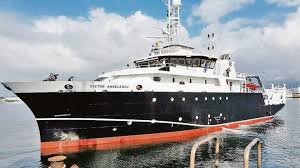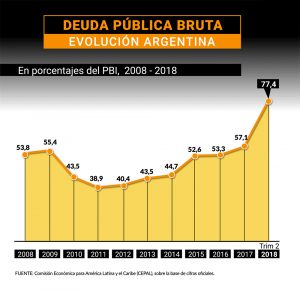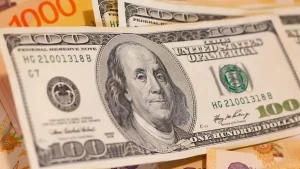
Argentina has little exchange with Great Britain but it is a key trading partner of the European Union.
The scarce trade that exists with Great Britain leaves little margin for the exit of that country from the European Union to have an impact on the trade balance of Argentina, which has more to lose if the consequences of Brexit have an impact on the EU bloc, with which during the last year it had an exchange volume of almost 20 billion dollars.
Argentina and Great Britain marketed goods last year for 1,274.9 million dollars, a figure that accounts for just 1 % of the total Argentine balance.
Exports reached 721 million dollars, of which 52 percent were shipments of soybean, meal, while imports amounted to 558.5 million dollars in medical equipment, machinery, non-ferrous metals, scientific instruments, plastics, vehicles and organic chemicals.
The squalid exchange, which for the United Kingdom represents less than 1 % of its total balance, motivated last May the first British trade mission in 10 years, led by the Minister of Trade and Investment, Lord Price.
As a result of this visit, the British Trade and Investment Office (UKTI), highlighted the benefits of Argentina to do business, such as high professional level, a sophisticated market with European culture and tastes, daily direct flights, leadership in production of agricultural commodities, large reserves of minerals and precious metals, and unconventional gas and oil fields.
Among the benefits, London considered the full membership of Argentina in the Mercosur and pointed to the negotiations that, since 2000, have taken the South American block and the European Union forward, for an association agreement, which includes free trade.
In the calculations of UKTI, the potential benefits for the British economy, once this agreement is put into effect, would be of 3,400 million dollars per year, a potential that with the result of the referendum, Great Britain, should exclude from its forecasts, at least under the form of a bi-regional treaty.
Meanwhile, the fall in commodity prices and the rise in the dollar, which were profiled today as a result of Brexit, are factors that will influence the incipient recovery of the Argentine trade balance, especially by the type of exporting matrix.
On the other hand, Argentina has a significant trade with the European Union, which could be compromised if the decision of the British affects the European market, the main destination of national exports, after Brazil.
Last year, bilateral trade between Argentina and the European Union totaled 18,315 million dollars, with exports of 8,2 billion and imports of 10,12 billion dollars.
The figures implied a participation of 14.35 % and 16.3 % in exports and total imports, respectively.
Manufactures of Agricultural Origin (MOA) constituted 65 % of Argentine exports, followed by primary products, with 22 %, and Manufactures of Industrial Origin (MOI), which accounted for 13 %.
Imports were concentrated in textiles and clothing, machinery and tools, finished vehicles, auto parts, engines, transformers and fuels.








